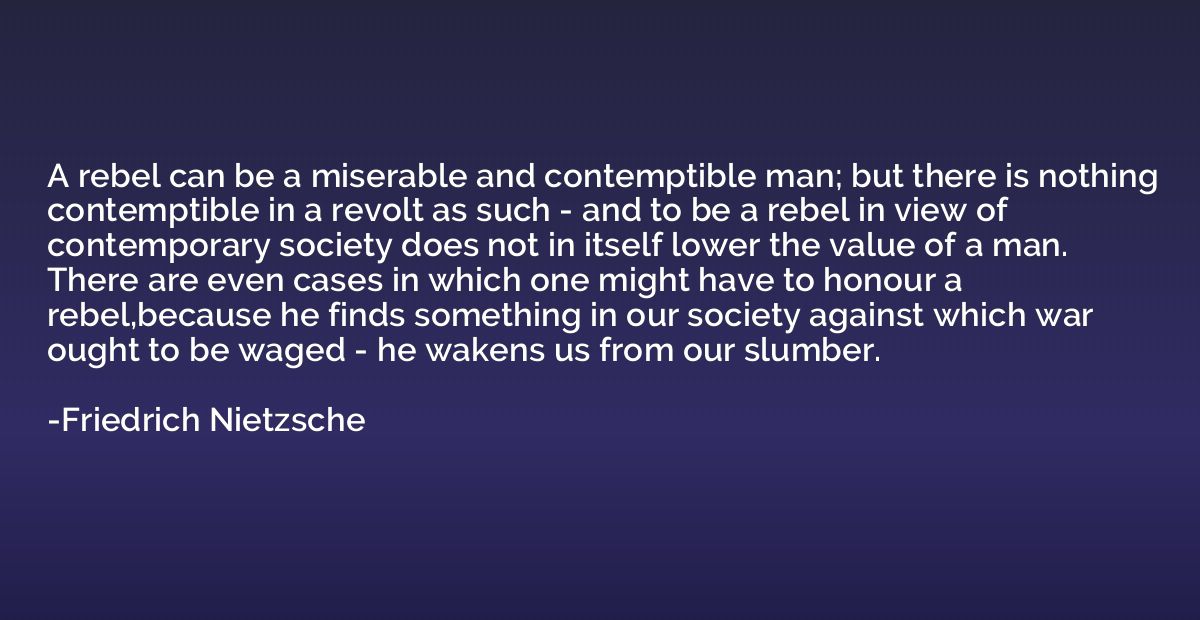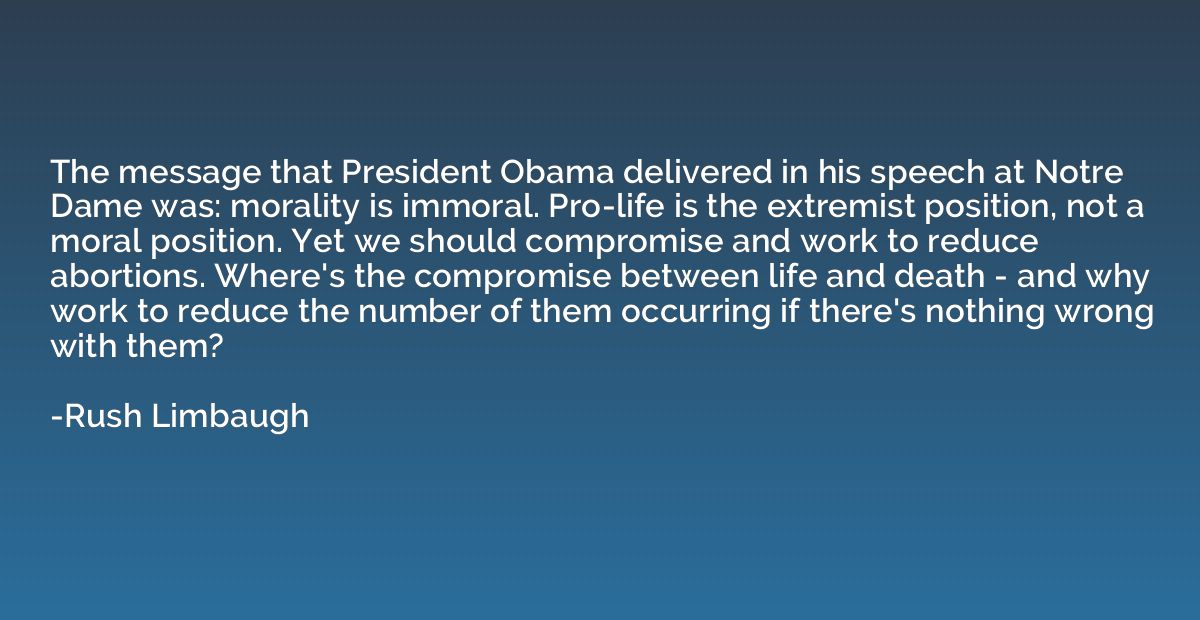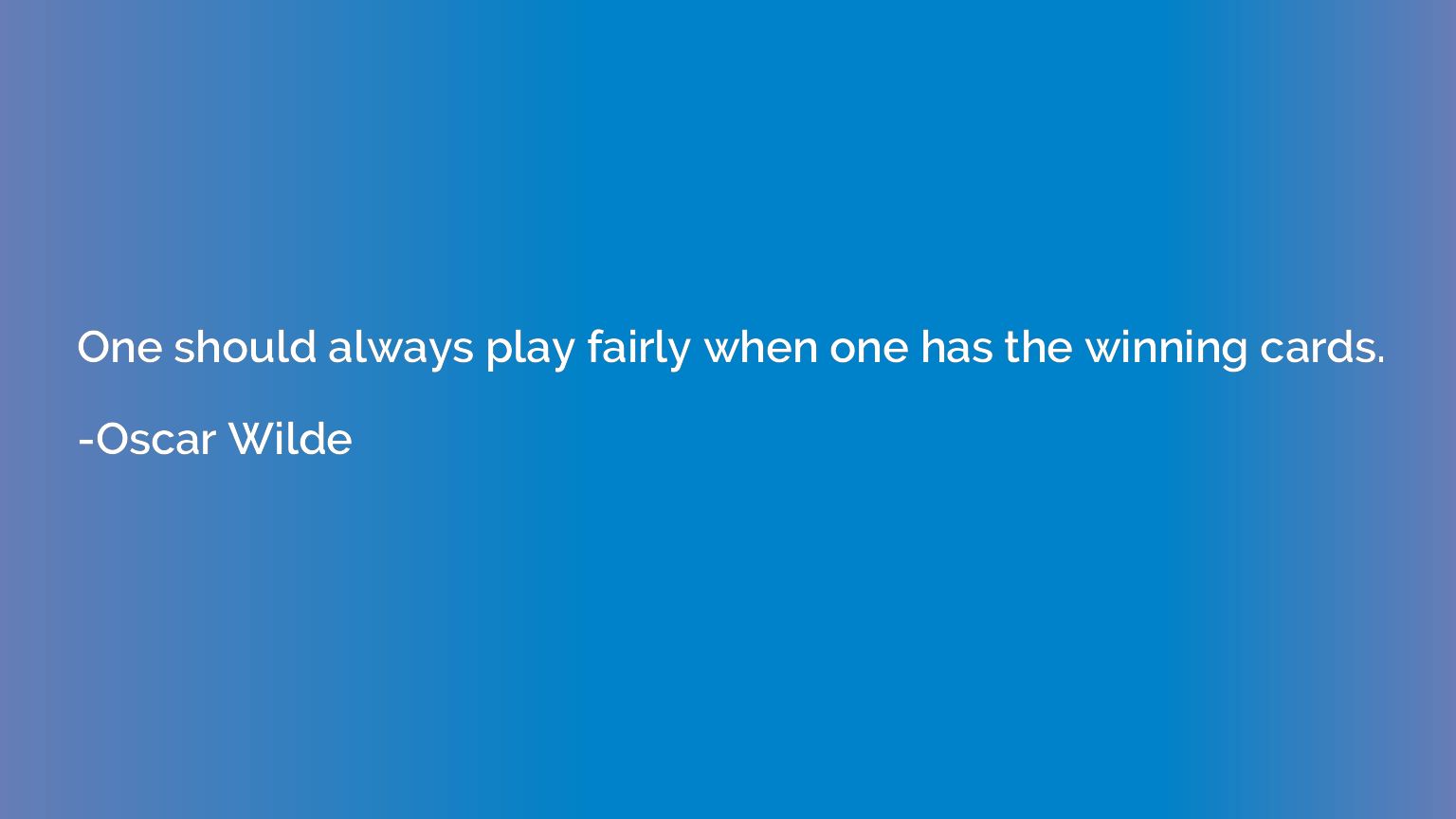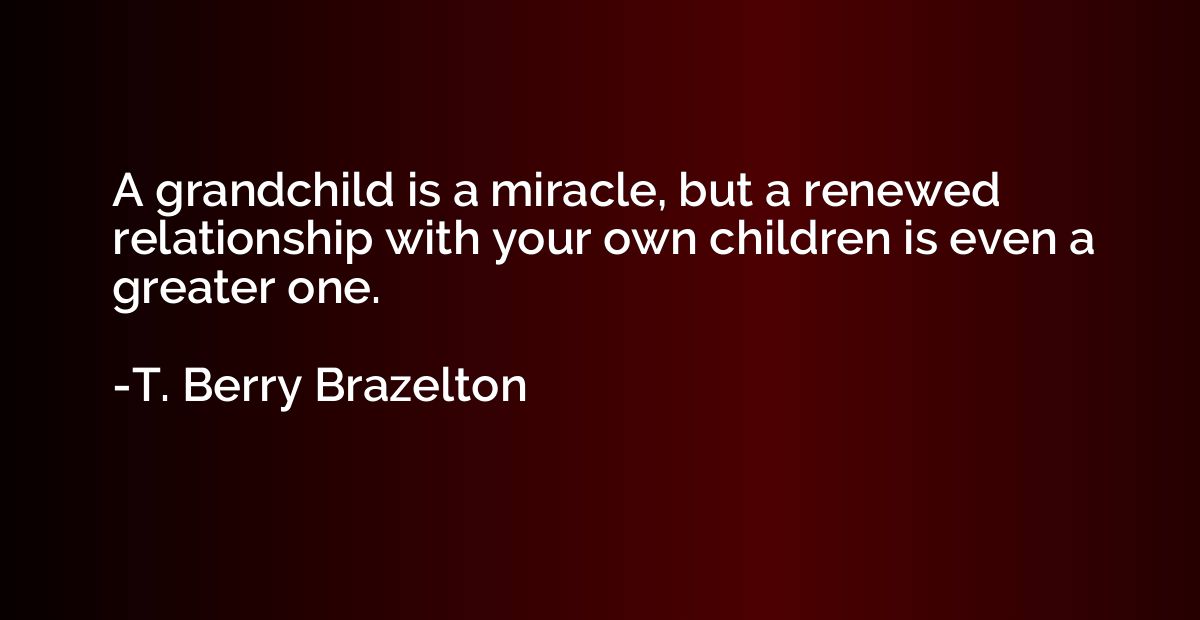Quote by Friedrich Nietzsche
A rebel can be a miserable and contemptible man; but there is nothing contemptible in a revolt as such - and to be a rebel in view of contemporary society does not in itself lower the value of a man. There are even cases in which one might have to honour a rebel,because he finds something in our society against which war ought to be waged - he wakens us from our slumber.

Summary
This quote highlights the distinction between a rebel as an individual and a revolt as a collective act. It suggests that while a rebel may be seen as miserable and contemptible, a revolt itself is not inherently contemptible. In fact, the quote argues that there are situations where a rebel deserves honor because they bring attention to societal issues that require resistance. The rebel's actions serve to awaken others from complacency, making them important catalysts for change. Therefore, this quote challenges the notion that being a rebel necessarily diminishes one's value, emphasizing the potential importance and righteousness of rebellion in certain contexts.














